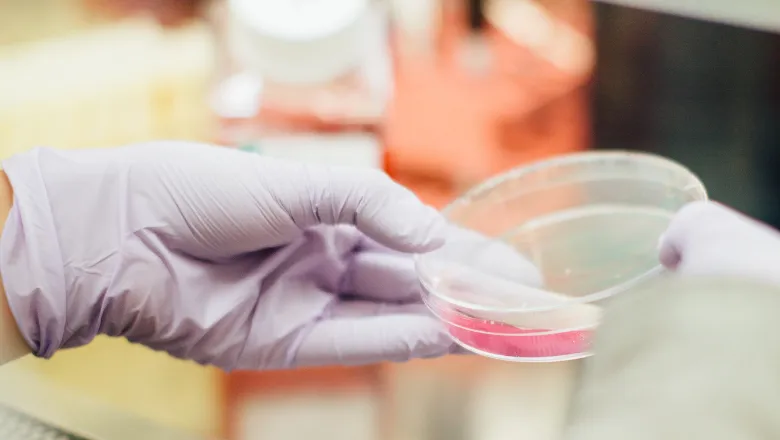For the past 40 years, the 14-day rule has both governed and enabled embryo research and therapeutic innovation globally. It has been a piece of legislation and a rule of good practice, defining a clear boundary in which valuable research has been able to proceed against some considerable opposition.
Sophia McCully, from the Department of Global Health and Social Medicine
01 February 2021
Extend 14-day human embryo research limit to 28 days, urges ethicist
An ethicist from King’s has urged to extend the legal limit on human embryo research from 14 to 28 days.

The paper, published today in the Journal of Medical Ethics, argues it is now essential to carry out research on later stage embryos in order to potentially find ways to develop treatments to ward off the risks of recurrent miscarriage and developmental abnormalities.
The ‘14-day rule’ limits research on intact human embryos to this period, as it is only after 14 days that the central nervous system begins to develop. The law governing the rule applies in many jurisdictions and is upheld even in countries without relevant laws or guidelines.
But it is now safe and timely to make a policy change and extend the rule without fear of any “moral and regulatory slippery slope,” she says.
McCully also argues that many studies suggest that important changes in the embryo that occur before 14 days are likely to affect subsequent development. But without the ability to go further, their real significance will be hard to understand.
There are arguably compelling reasons for mandating the extension of this rule to 28 days. These include greater understanding of the development of birth defects such as congenital heart disease, which affects around 8 in every 1000 babies; the potential to improve in vitro fertilisation (IVF) and reduce rates of miscarriage; and improved safety testing of new techniques, such as mitochondrial replacement therapy (MRT).
Animal embryos can and are being used for up to 20 days, however it is not clear how closely these resemble human embryo biology.
She added: “Embryo research is a crucial undertaking and will help us to make many transformational discoveries, thus extending this very arbitrary limit is an endeavour that must be achieved.”
